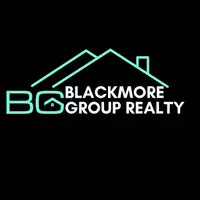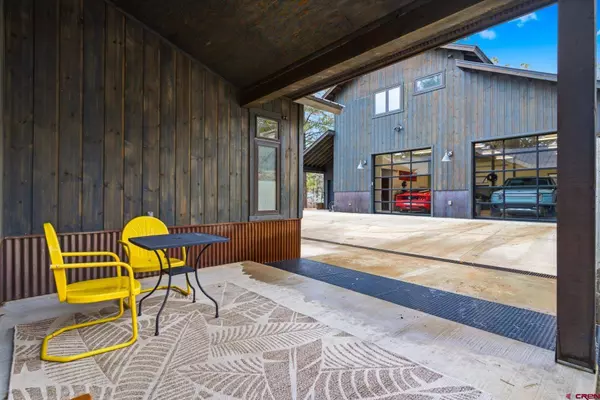
A One-of-a-Kind Residential Compound at 279 Capitan Circle in Pagosa Springs, Colorado
Located in the heart of Pagosa Springs, Colorado, 279 Capitan Circle is far more than a traditional mountain home. This exceptional property is a thoughtfully designed residential compound that combines luxury living, creative space, and unmatched functionality in one of Southwest Colorado’s most de
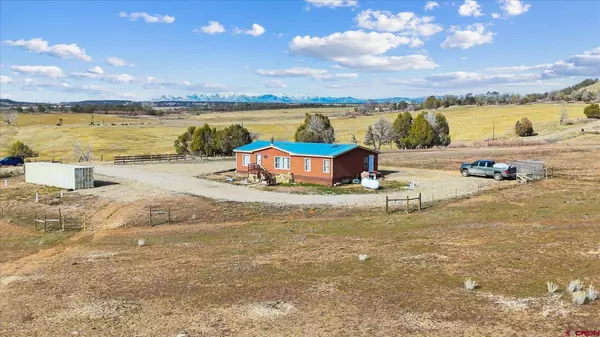
Wide Open Space and Working Land at 1966 County Road 321 in Ignacio, Colorado
There are properties that simply offer acreage, and then there are properties that truly work for you. As you arrive at 1966 County Road 321 in Ignacio, Colorado, the first thing you notice is the sense of scale. The horizon opens wide, the land stretches out in every direction, and the La Plata Mou

Best Neighborhoods in Durango for Families (2026 Guide)
Durango, Colorado isn’t just a scenic mountain town. It is a family focused community with outdoor adventure, highly desirable neighborhoods, and access to quality education. Whether you’re relocating from out of state or moving across town, this detailed guide explores the best neighborhoods in Dur
Recent Posts




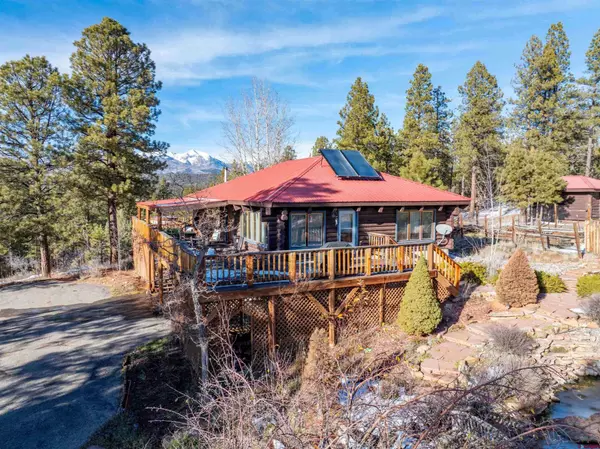


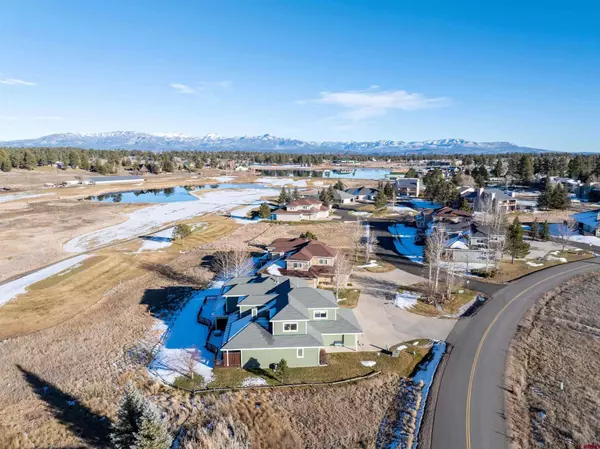

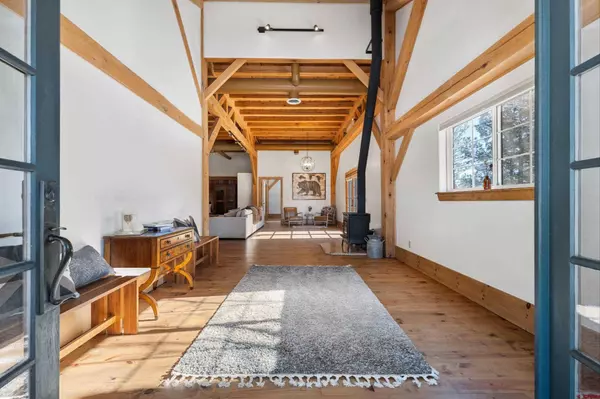
Leave a reply
